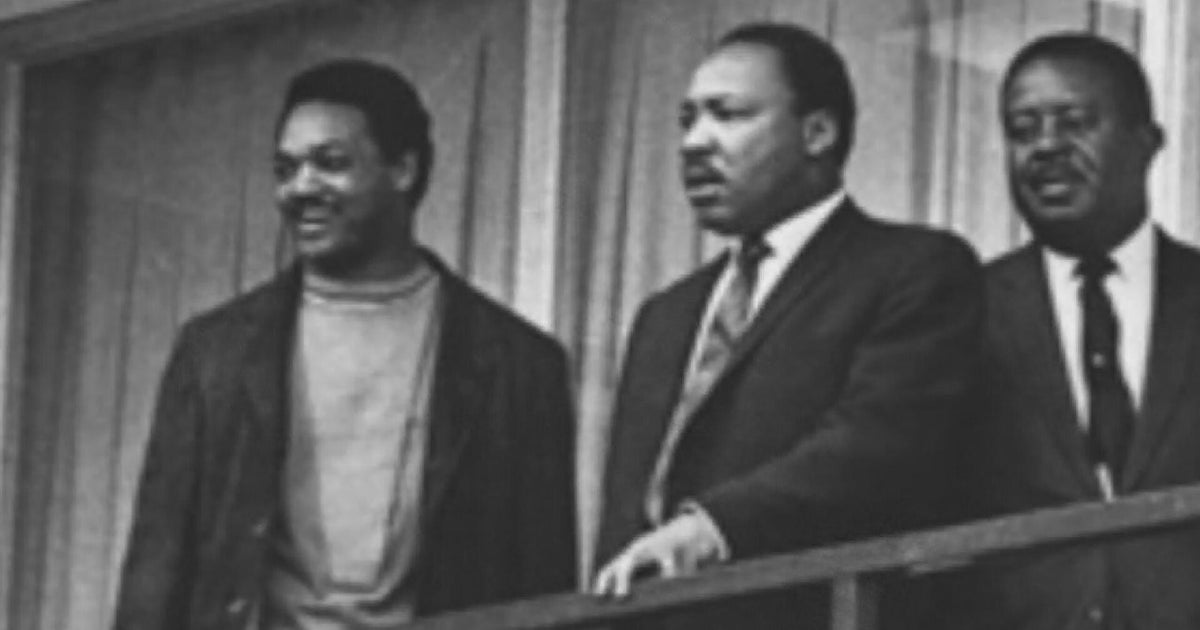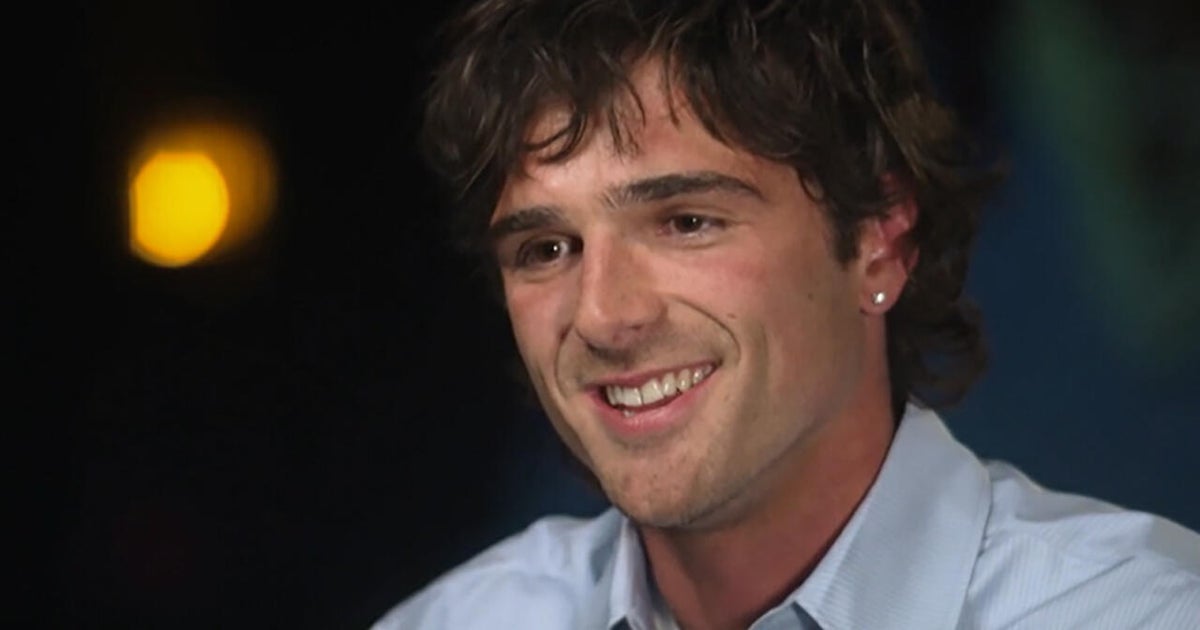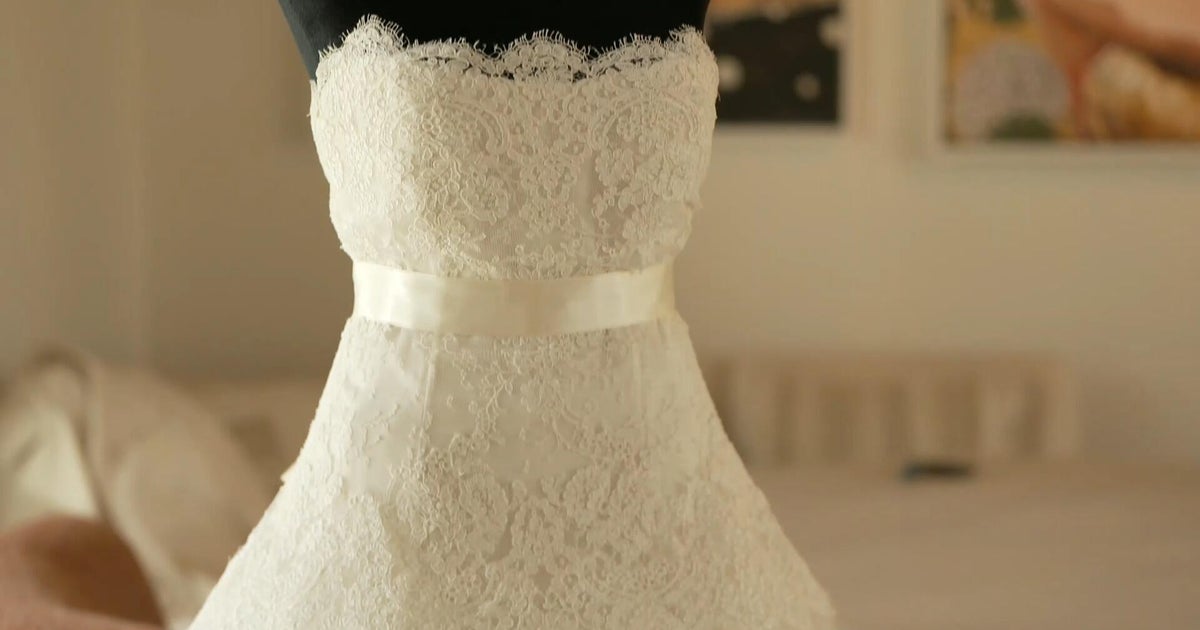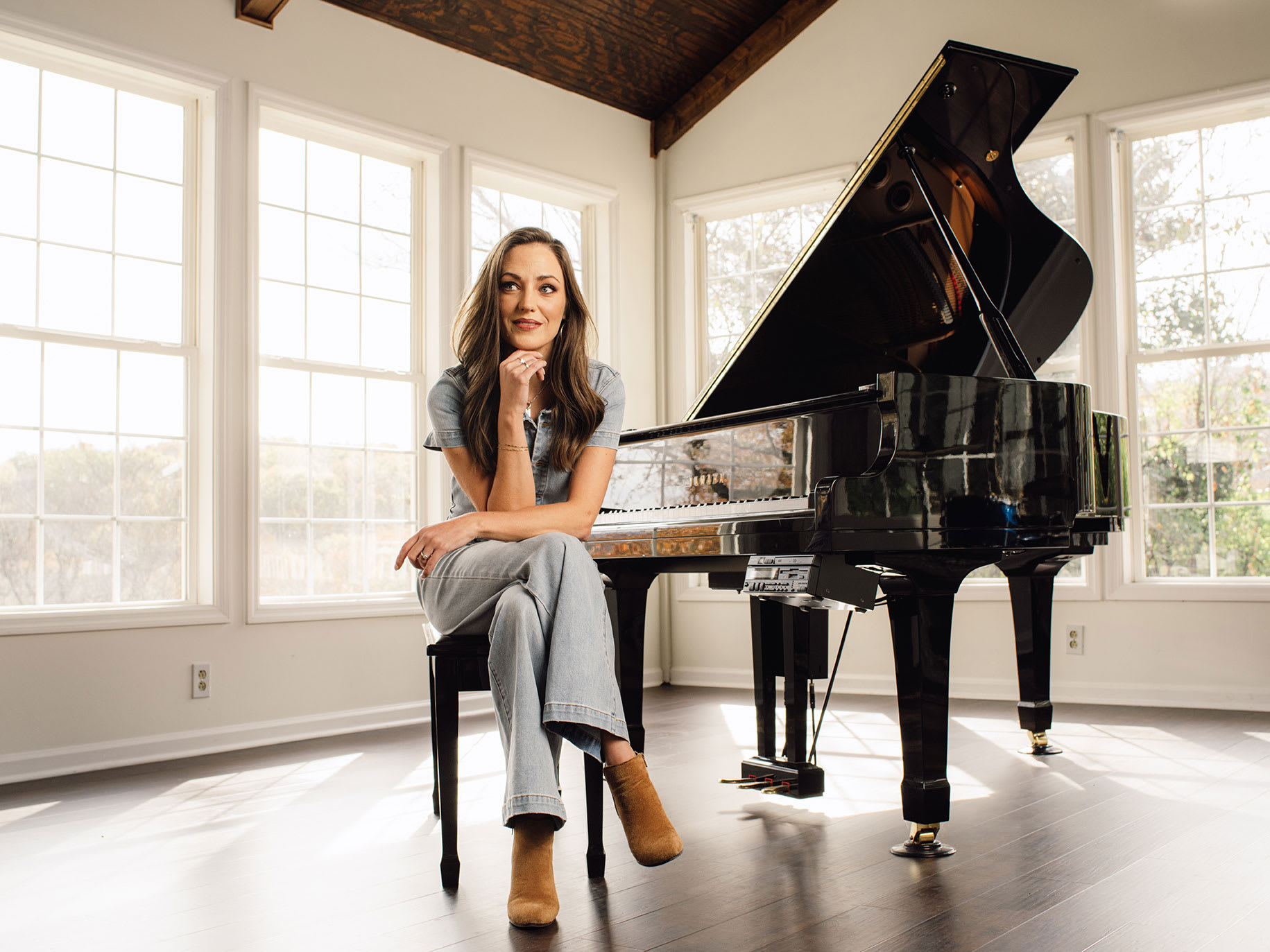Mystic crystal revelations about "Hair"
The 1960s musical "Hair" was revolutionary theater for its time, taking on the Vietnam War, environmental destruction and poverty. CBS Evening News anchor Katie Couric speaks with the creators and cast of a Broadway revival that still packs a punch.
"Gimme head with hair ... Long beautiful hair…."
No, it is not a hallucination. The rock musical "Hair" is back on a Broadway stage, performed by bona fide bead-wearing, peace-loving, pants-dropping Broadway actors.
"This is the dawning of the age of Aquarius ..."
Talk about déjà vu - opening night this past Tuesday had all the trappings of a 1960s sit-in, minus the marijuana.
James Rado, the show's co-author, described his opening night: "A doctor gave us a shot in the ass with vitamins and amphetamines in it, believe it or not!"
A lot has changed since Rado and his creative partner, the late Gerome Ragni, first shook Broadway with their critical - some even said radical - social commentary on America over 40 years ago.
The musical opened at the Biltmore Theater on April 29, 1968, just weeks after the assassination of Martin Luther King, Jr., and less than two months before the assassination of Robert Kennedy.
"I can't imagine a more incendiary time in the nation's history," said Couric, "and here comes 'Hair' basically fanning the flames, in a way."
"Yes," said Rano, "but it also presented another possibility: It was about peace and love, reconciliation."
"Hair" was actually born a year earlier, off-Broadway, at Joseph Papp's Public Theater, which is where Couric sat down with Rado and composer Galt MacDermot.
"Did either of you have any conception what a huge, long term cultural statement it was about to make?" she asked.
"Well, we wanted it to be a sensation," Rado said. "We wanted it to be full of sensations for the audience. We wanted to bring the sensations that we experienced in the parks and in the streets of the East Village amongst this culture of hippies and war protesters and peace activists to a Broadway stage."
It would be an evolution - if not a revolution - for the Great White Way. Audiences who came to the theater expecting "Guys and Dolls" would get hippies ... bedding their friends, baring their bodies, and burning their draft cards.
"Some of these in the hippie culture, they just wanted to create something of their own," Rado said. "They weren't just against something; they were for something. They were for a new way of life."
The casting process was groundbreaking, too - those who attended Juilliard need not apply.
"In those days, there was a Broadway style of singing that we didn't want to use," said MacDermot. "So Jim and Jerry used to go out and look for people who weren't trained, but just had natural talent."
By the time "Hair" put down roots at the Biltmore, Rado and Ragni had cast themselves in show, Singing to MacDermot's counterculture music that was becoming mainstream.
"The '60s, when we were doing it, was a wonderful time for American music," said MacDermot. "That's when rock and roll reached its peak, really. So I was influenced by everything I heard. And everything I heard, I liked."
But all this revolutionary fervor did find resistance. Original cast member Ted Neeley recalls some bad "Hair" days as well:
"We had bomb scares in the theater, continually. We'd have to empty out the theater. Happened all the time."
That didn't stop the show from becoming an international sensation, making Rado and Ragni celebrities worthy of "The Tonight Show," while MacDermot's anarchistic anthems were re-recorded by pop stars like the Fifth Dimension and Three Dog Night, producing hit after hit after hit.
"Let the sunshine ... Let the sunshine in ... "
It's the music that "Hair"'s new, 42-year-old director Diane Paulus, remembers as a child though, as she told Couric, she had never actually seen the play:
"That's right. I grew up on the cast album. So when the Public Theater called me to direct 'Hair,' I thought, 'That's great. I love the music. Can someone send me a script?'"
In fact, Paulus says she was singing "Sodomy" around the house as a 10-year-old, blissfully unaware of its meaning. That song, and the rest of "Hair"'s original 32 musical numbers, are completely intact in the revival.
The only updating, she says, was done with dialogue:
"I took some of the text from the original off-Broadway production in 1967, lines that had been cut when it went to Broadway, because I thought they had resonance for our time now. There's a line where the father says at the be-in, 'We're fighting a war. Use atomic weapons and win it for Christ's sake!' I thought, you know, people will relate to that line."
The current production preserves yet another tradition from "Hair"'s hippie hey-day, and it's that portion of the show we can't show you, at least, not on a Sunday morning.
"Nudity still makes people feel a little bit uncomfortable. How 'bout for you guys?" Couric asked the (clothed) cast members. "Ever have a moment where, 'Oh my God, why am I doing this'?"
"It's done in protest," said Will Swenson. "It's not done in a sexual way."
Caissie Levy said she wasn't uncomfortable: "I think the point of taking our clothes off and making people uncomfortable is so people will ask themselves, you know, 'Why am I uncomfortable looking at these naked bodies but I'm not uncomfortable with these images of war'?"
But rather than re-opening the old wounds of Vietnam, lead actor Gavin Creel says, for him, the healing power of "Hair" hit home.
"My dad was drafted, and he never discussed it," said Creel. "And on a call he was like, 'Yeah, I got a letter from - you know, your mom and I were at lunch, and then I came home and there was a letter in the mail.' And it was insane. I thought, thank God for this production and for this show, and that I'm a part of it. Because it opened a dialogue between my dad and I, you know?"
And that, perhaps, is what will be "Hair"'s greatest contribution this time around … getting those who never experienced the '60s zeitgeist together with those who did, to recognize how far we've come as a nation … and how far we've yet to go.
"It's talking about serious things, maybe, on a very naïve level," Rado said. "But things that need to be still thought about and talked about."
For more info:



